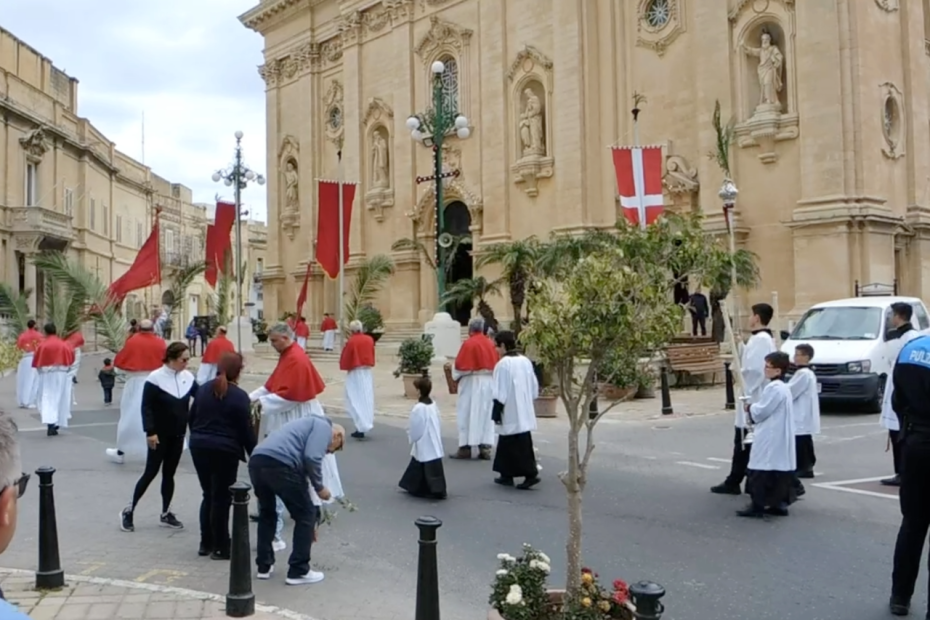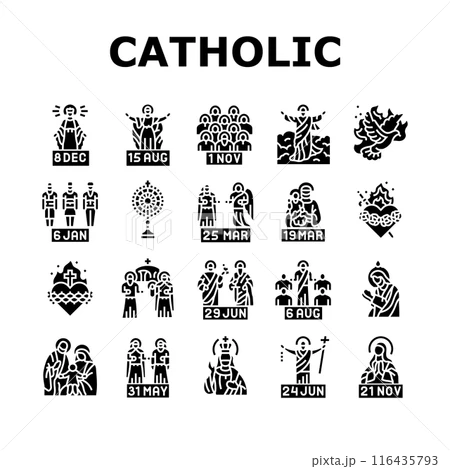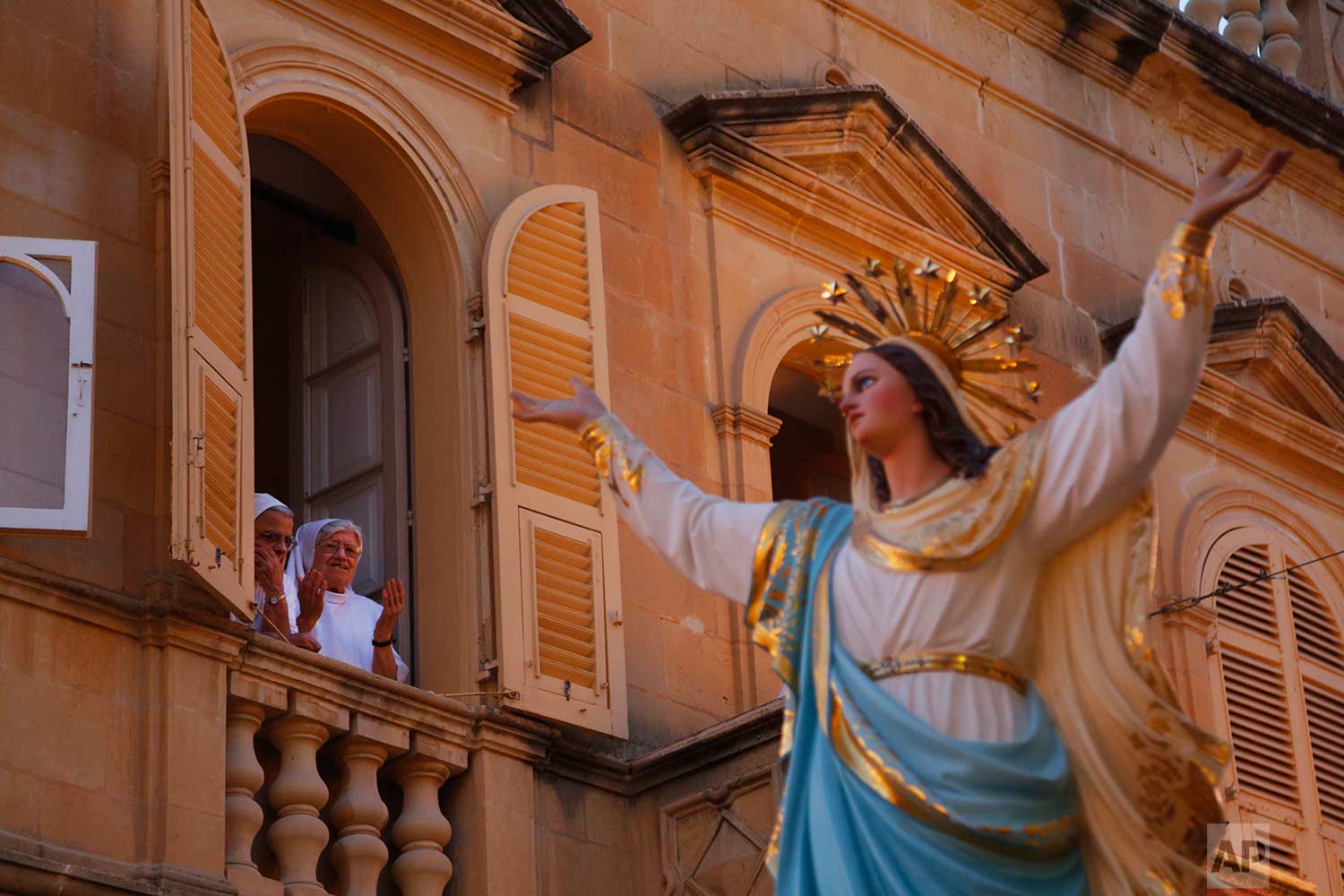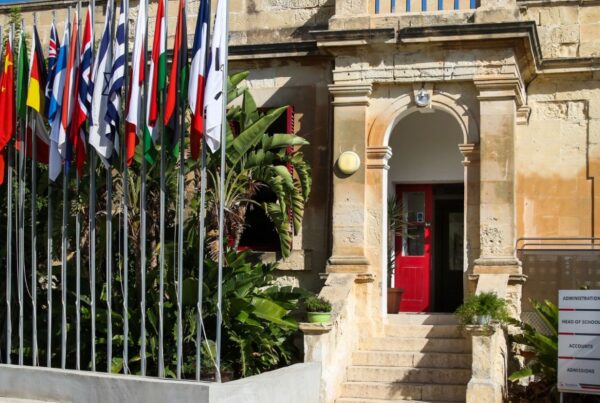 如果您点击这里,此页面将被翻译成中文。
如果您点击这里,此页面将被翻译成中文。
 如果您点击这里,此页面将被翻译成中文。
如果您点击这里,此页面将被翻译成中文。
 如果您点击这里,此页面将被翻译成中文。
如果您点击这里,此页面将被翻译成中文。
 如果您点击这里,此页面将被翻译成中文。
如果您点击这里,此页面将被翻译成中文。
Religion
Roman Catholicism is the predominant religion in Malta, with over 90% of the population identifying as Catholic. However, active practice of the faith, particularly among the younger generation, is less common, with just over half of the population engaging in regular religious activities. Malta’s history includes periods of Islamic influence, though Islam is no longer a major presence. Today, Malta’s constitution guarantees religious freedom, which is reflected in the diverse array of places of worship, including Catholic churches, Greek Orthodox churches, mosques, and synagogues. Secularization is gradually increasing, and the presence of various other religions is growing, influenced by factors such as migration.
Catholicism in Malta
Catholicism has deep historical roots in Malta, believed to have been introduced by Saint Paul the Apostle, who arrived on the islands following a shipwreck. Today, Saint Paul remains a significant national symbol. As a branch of Christianity, Catholicism adheres to the doctrine of the Holy Trinity, comprising the Father, the Son, and the Holy Spirit. Many Maltese Catholics accept the authority of the priesthood and the Roman Catholic Church, which is led by the Pope.
The presence of Catholicism is evident throughout Malta. The skyline is adorned with Catholic church domes, and there are approximately 365 churches across the Maltese islands—often considered one for each day of the year. Priests frequently engage in public discussions and appear on TV and radio programs to address issues such as the religious implications of divorce and abortion.
Generational differences in attitudes toward Catholicism are noticeable. Some younger Maltese perceive the Catholic Church as out of touch with contemporary values and believe its influence has contributed to Malta’s perceived conservatism compared to other European countries. Despite this, Catholicism remains a central aspect of Maltese identity. Key religious ceremonies such as baptism, confirmation, and marriage continue to play a significant role in personal and communal life.
Catholic Festivities
Many of Malta’s festivals are rooted in Catholic traditions. Each town or village celebrates a patron saint with local festivals (festi), particularly during the summer. These festivities typically begin with a High Mass, including a sermon about the patron saint, followed by a procession where the saint’s statue is paraded through the streets.
One of Malta’s most significant and enduring events is Mnarja, a national festival dedicated to Saint Peter and Saint Paul. The celebration features a blend of food, religious rituals, and music. The festival’s opening is marked by the reading of the ‘bandu,’ an official government announcement that has been delivered annually since the 16th century.



Islam in Malta
Malta experienced over 200 years of Islamic rule during the Arab Conquest of 870 CE. In recent times, Islam was reintroduced in the latter half of the 20th century. Today, the Muslim community in Malta is relatively small, consisting mostly of individuals from North Africa and the Middle East. The island of Malta hosts one mosque and an adjacent Muslim school, serving the local Muslim population.











